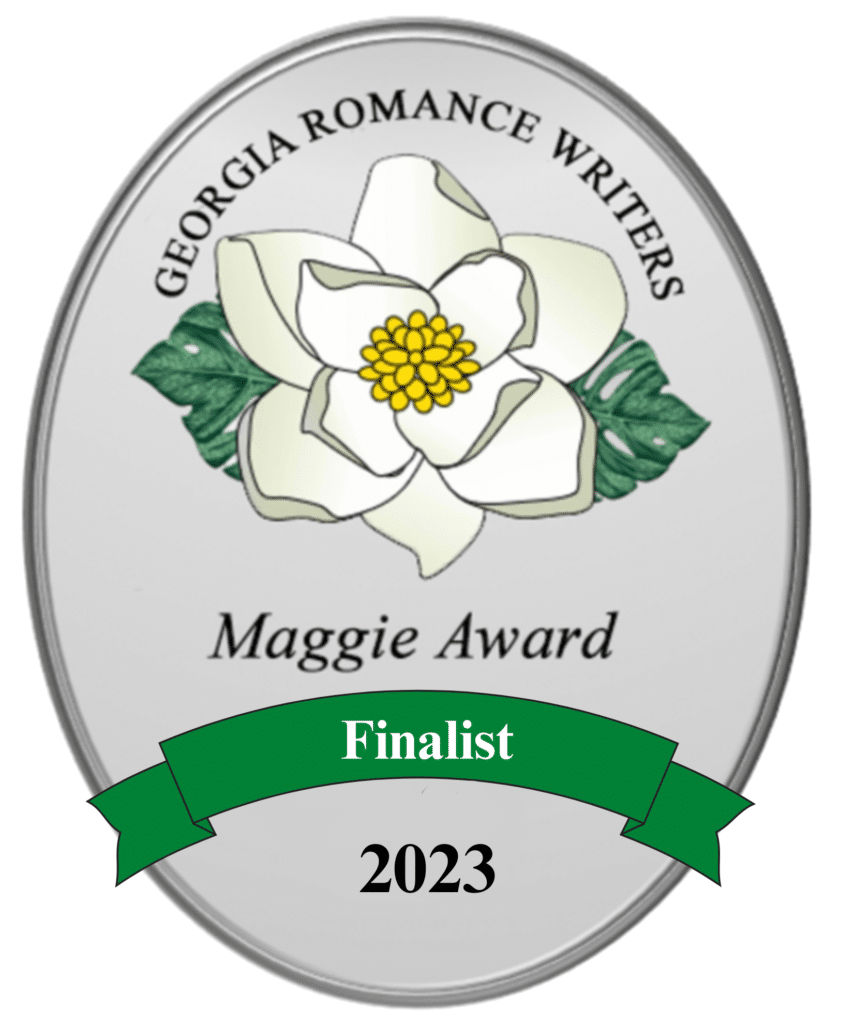I’m participating in a Bible study right now on the book of Esther. Have you read the book of Esther lately? It has all the ingredients we aspire to incorporate into our romance novels: a powerful king who answered to no one but behaved like an idiot, a beautiful queen of great integrity who loses her crown when she won’t parade in front of the king and his drunk buddies … setting the stage for a young Jewess to become queen, eliminate the villain and save her people. Truth is indeed stranger than fiction.
Whether you believe the Bible is the inspired word of God or not, you have to admit He is a master storyteller.
From the dawn of time, God has planted a longing in our hearts for the ultimate Happily Ever After, aka what those in the romance novel industry would refer to as the HEA. While this isn’t a blog post about the ongoing battle of good versus evil, it is a post about the importance of writing a satisfying conclusion in a romance novel.
Readers pick up a book (or download it to an electronic device) for a number of reasons. I, for one, think people want to see the hero and heroine triumph in the end, riding off into the sunset together … happily ever after.
A quick glance at the Romance Writers of America website reveals some interesting statistics gleaned from the Business of Consumer Book Publishing in 2013:
- Romance fiction generated $1.438 billion in sales in 2012.
- Romance was the top-performing category on the best-seller lists in 2012 (across the NYT, USA Today, and PW best-seller lists).
- Romance fiction sales are estimated at $1.350 billion for 2013.
- 74.8 million people read at least one romance novel in 2008. (source: RWA Reader Survey)
But let’s be real. Life is not all roses and champagne, weekend getaways and (insert other romanticized life experiences here). So are readers of romance novels only reading for escapism? Do they long for the HEA because that’s how we’re wired or because so often that’s not how real life works?
What about the novels that don’t end in an HEA? Nicholas (cough, cough) Sparks, I’m talking to you. No spoilers here, but there are a couple of his novels that don’t end with the love interests together. He has said publicly that his writing reflects a certain amount of personal experience. Isn’t a certain amount of heartache inherent to every romance novel? Is he just raising the stakes to a four Kleenex level so we’ll appreciate the emotional experience of reading his work?
Your turn: do you want to read a satisfying happily ever after conclusion where you ‘know’ the characters are together forever or are you okay with the characters going their separate ways?






